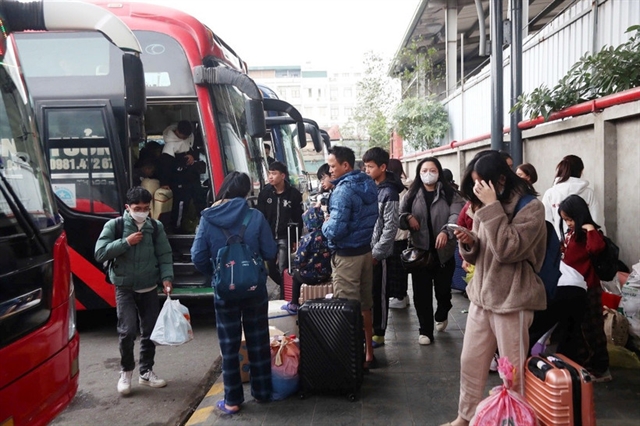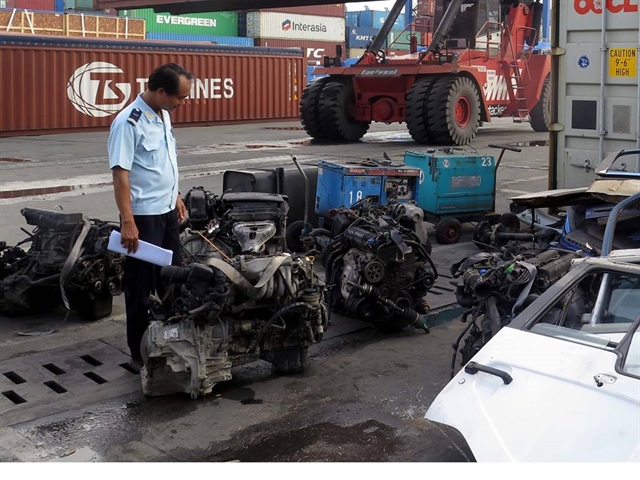 Expat Corner
Expat Corner

What started out as a gesture of good will has become Richard Hughes’ passion and destiny as he knocks on doors and crosses oceans in search of justice for Vietnamese victims of Agent Orange.
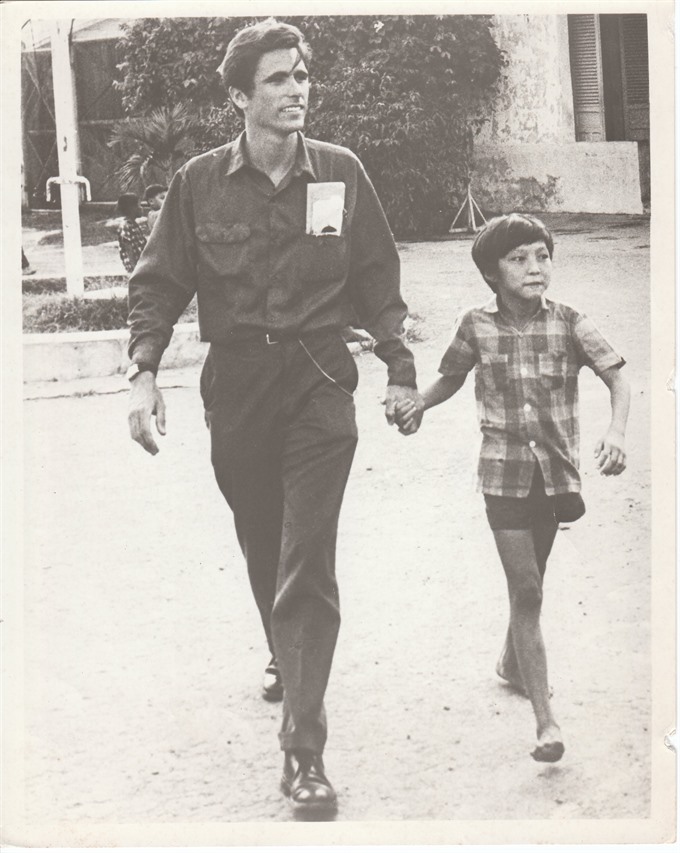 |
| Doing good: Richard Hughes and a boy who was part of the Shoeshine Boys project in Sài Gòn in the 1970s. Courtesy Photo of Dick Hughes. |
by Phước Bửu
THỪA THIÊN- HUẾ — What started out as a gesture of good will has become Richard Hughes’ passion and destiny as he knocks on doors and crosses oceans in search of justice for Vietnamese victims of Agent Orange.
Richard "Dick" Hughes is an American actor who gained worldwide fame for forming a gang of Sài Gòn street boys during the Việt Nam-US war and living with them.
Wartime Việt Nam first impacted on the consciousness of the Pittsburgh-born actor when he was working at the Theatre Company of Boston, a year after his graduation from Boston University Graduate School of Drama in 1967.
As a conscientious objector, Hughes borrowed money from friends and travelled to Sài Gòn under a press visa. While there, he helped to found the Dispatch News Service, which later became known for distributing the exclusive story on the Mỹ Lai massacre.
In 1968, Hughes set up Shoeshine Boys hostels after being touched by a conversation with a bụi đời (street) boy. The project sheltered and fed 1,500 youngsters in Sài Gòn and Đà Nẵng, mainly boys but also some girls, some of them handicapped.
“I arrived in Sài Gòn expecting to do something meaningful for people here, but I didn’t do enough, " he says in an interview with Việt Nam News.
In 1976, Hughes was forced to leave Việt Nam, returning to the US, where he attempted to restart his interrupted acting career.
But Việt Nam was always on his mind. In 2001, he paid his first revisit to Việt Nam after 25 years and has since been back four times.
On his flights back to the US, he always feels he has left with an unfinished debt. “I felt guilty for the impact of the war. Of course I didn’t came with a gun, I came with helping hands, but insomnia appears every time I think of what the Vietnamese people endured during the war,” he said.
A few years ago he received a photo book on the war by his friend, Welsh war photojournalist Philip Jones Griffiths, and the obssession with the AO victims returned.
In October 2016, he flew back to Việt Nam to compile data about the lives of the victims Agent Orange in order to fill out applications demanding equality for Vietnamese AO victims.
In the United States Hughes has been working with Democratic Senator Sheldon Whitehouse, who used to drop in to visit his street children on Phạm Ngũ Lão Street in Sài Gòn in the early 1970s. “We are hoping to get a Republican senator to help as well, [perhaps] something like senators John Kerry and John McCain did for normalizing diplomatic relations,” Hughes said.
Hughes feels a sense of urgency to help the victims of the deadly and corrosive American chemical defoliant, and not only because of possible changes in US policy under a new president. “The war ended a long time ago, but what we have done for them is too little," he says.
Hughes has sent materials to television shows like CBS and others, and prepared an article for The New York Times about AO and on his October trip, during which he went in depth in investigating the lives of AO victims in HCM City, Thừa Thiên-Huế, Quảng Trị, Đà Nẵng, Quảng Nam, Quảng Ngãi, and Hà Nội.
Although he looks somewhat like Clint Eastwood, that’s not the reason he is welcomed everywhere, nor is due to his Vietnamese language skill. It’s the sense of humour, simplicity and, most important, the warm sentiment he produces in every single person he meets.
At 74, Hughes is far from done. “My destiny is linked to that of Việt Nam," he says. — VNS
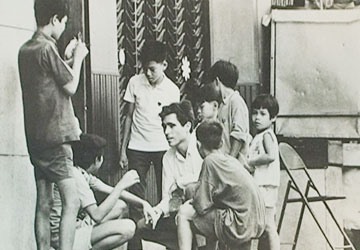 |
| Listening: Dick Hughes and Sài Gòn shoeshine boys during the wartime. Courtesy Photo of Dick Hughes |
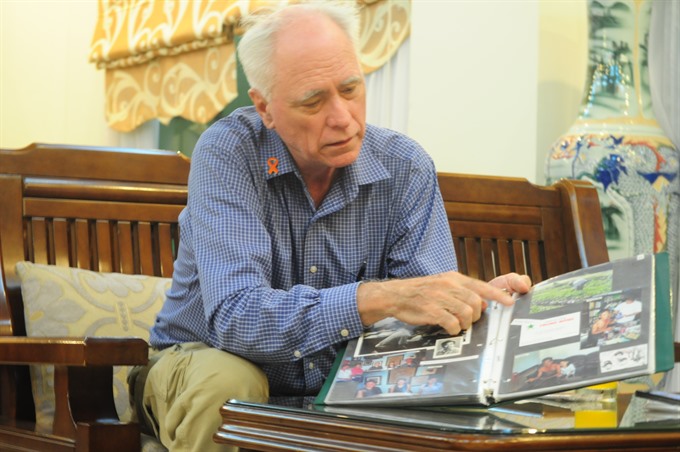 |
| Stories: Dick Hughes recounts the days in Sài Gòn with the shoeshine boys. VNS Photo Phước Bửu |


